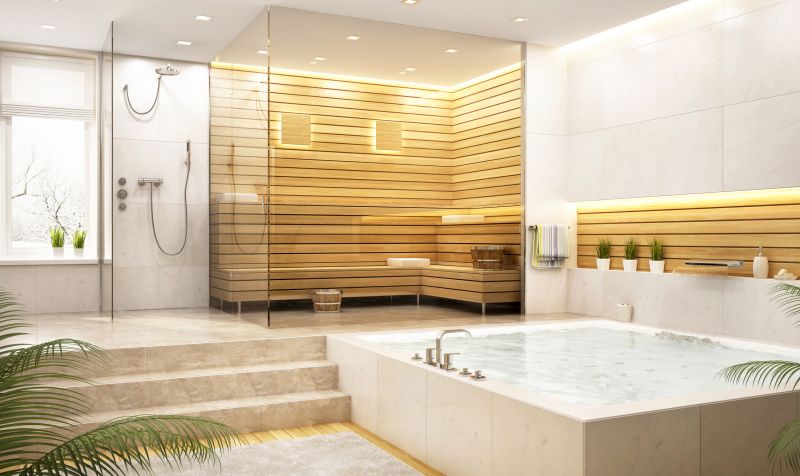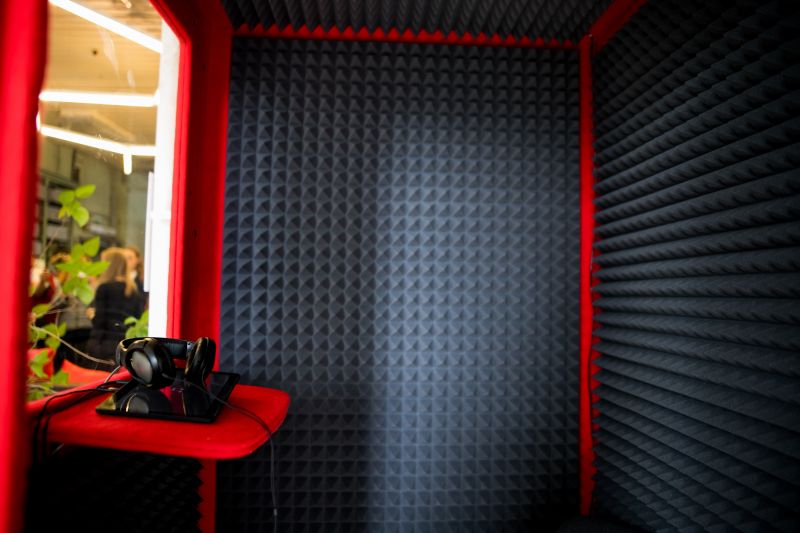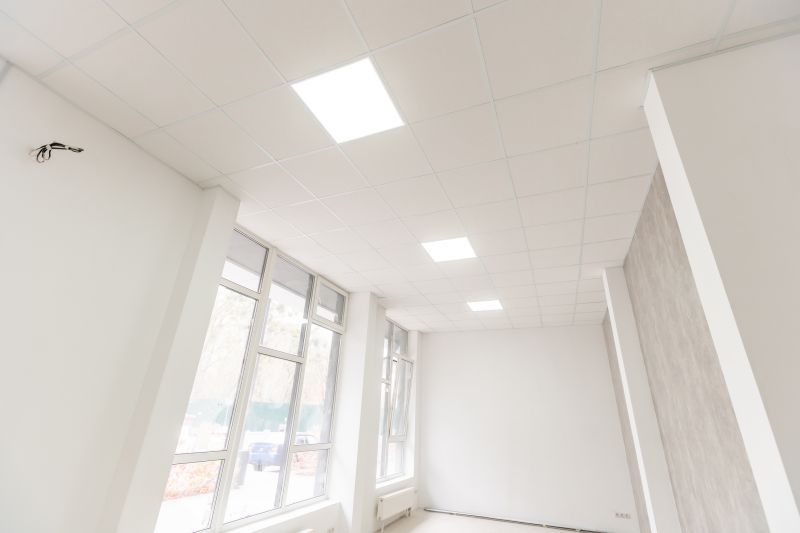Shower Soundproofing Solutions
Welcome to Aberdeen Showers
Shower Soundproofing Solutions

About Shower Soundproofing Solutions
Shop for Shower Soundproofing Solutions
Shower soundproofing is an increasingly popular consideration for homeowners looking to enhance the privacy and tranquility of their bathrooms. The need to reduce noise from showers stems from a desire to create a peaceful environment and to ensure that sound does not travel to other parts of the home. This article explores the various soundproofing solutions available, focusing on materials, finishes, and compatibility with existing bathroom features.
When considering soundproofing options, the primary focus is on the materials used. Common choices include acoustic panels, soundproof curtains, and specialized insulation materials designed to dampen noise. Each option has its own set of attributes, which may include thickness, density, and ease of installation. It is important to select materials that are moisture-resistant, given the humid environment of a bathroom.
Compatibility with existing bathroom features is another critical factor. Homeowners should ensure that soundproofing materials do not interfere with the functionality of shower doors, tiles, or plumbing fixtures. Additionally, the materials should complement the aesthetic of the bathroom, whether it is modern, traditional, or somewhere in between.
Finishes play a significant role in the overall look and feel of soundproofing solutions. Options range from fabric-covered panels to sleek, painted surfaces that blend seamlessly with bathroom decor. The choice of finish can affect not only the appearance but also the acoustic properties of the material, so it is essential to consider both form and function.
For those exploring soundproofing solutions, understanding typical dimensions and configurations is crucial. Soundproofing materials are available in a variety of sizes and thicknesses, which can be tailored to fit specific shower enclosures. It may be beneficial to measure the space accurately to ensure a snug fit that maximizes sound reduction.
Maintenance is another important consideration. Soundproofing materials should be easy to clean and maintain, especially in a bathroom setting where mold and mildew can be a concern. Regular upkeep can help preserve the effectiveness of soundproofing solutions and extend their lifespan.
Acoustic Panels
Ideal for reducing echo and absorbing sound, these panels come in various thicknesses and finishes to suit different aesthetic preferences.
Soundproof Curtains
These curtains offer a flexible solution that can be easily installed and removed, providing an additional layer of sound insulation.
Insulation Materials
Specialized insulation designed for bathroom use can be installed within walls to significantly reduce sound transmission.
| Attribute | Details |
|---|---|
| Material | Acoustic foam, fiberglass, mass-loaded vinyl |
| Finish | Fabric, painted, laminated |
| Dimensions | Varies by product, customizable |
- Acoustic effectiveness
- Moisture resistance
- Ease of installation
- Visual appeal
- Maintenance requirements
Key Features and Materials for Effective Shower Soundproofing
Shop for Key Features and Materials for Effective Shower Soundproofing
Understanding the Essentials for a Quieter Bathroom Experience
Creating a serene bathroom environment can significantly enhance the relaxation and privacy of a home. Soundproofing a shower is an effective solution for minimizing noise disturbances and ensuring a peaceful atmosphere. Homeowners exploring shower soundproofing solutions should consider various features and materials that contribute to effective noise reduction.
One of the primary considerations for shower soundproofing is the choice of materials. Dense materials like mass-loaded vinyl and acoustic panels are popular for their ability to block sound transmission. These materials can be installed on walls and ceilings to prevent noise from escaping the shower area. Additionally, using soundproofing sealant around the edges of the shower can further reduce sound leakage.
The design and structure of the shower itself also play a crucial role in soundproofing. A shower with solid, thick walls will naturally provide better sound insulation compared to thinner, hollow walls. Homeowners should look for shower designs that incorporate double-layered walls or additional insulation layers to enhance soundproofing capabilities.
Another factor to consider is the type of flooring used in the bathroom. Soundproof underlayment beneath tiles or other flooring materials can significantly reduce noise transmission. This underlayment acts as a barrier, absorbing sound and preventing it from traveling to adjacent rooms.
In addition to materials and design, the installation process is vital for effective soundproofing. Ensuring that all components are tightly fitted and that there are no gaps or openings is crucial. Any small opening can allow sound to escape, diminishing the effectiveness of the soundproofing efforts.
- Mass-loaded vinyl for walls and ceilings
- Acoustic panels for enhanced sound absorption
- Soundproofing sealant for edges and joints
- Soundproof underlayment for flooring
Mass-Loaded Vinyl
A dense material effective in blocking sound transmission, ideal for walls and ceilings.
Acoustic Panels
Designed to absorb sound, these panels can be installed in various areas of the bathroom.
Soundproof Sealant
Used around edges and joints to prevent sound leakage.
| Material | Finish | Dimensions |
|---|---|---|
| Mass-Loaded Vinyl | Matte | Varies based on application |
| Acoustic Panels | Textured | 2' x 4' |
| Soundproof Sealant | Smooth | 10 oz tube |
When selecting materials and features for shower soundproofing, compatibility with existing bathroom elements should be considered. Ensuring that the chosen materials do not interfere with plumbing or electrical systems is important for a seamless integration. Regular upkeep, such as checking for any gaps or wear in the soundproofing materials, can maintain their effectiveness over time.
By understanding the key features and materials involved in shower soundproofing, homeowners can make informed decisions that enhance their bathroom's tranquility. With the right combination of materials and design considerations, a quieter, more peaceful shower experience can be achieved.

Selecting and Maintaining Shower Soundproofing Solutions
Shop for Selecting and Maintaining Shower Soundproofing Solutions
Criteria for Choosing and Caring for Soundproofing Materials
Creating a peaceful and relaxing environment in the bathroom is a priority for many homeowners. Soundproofing solutions for showers are an excellent way to enhance privacy and reduce unwanted noise, ensuring a serene atmosphere. When selecting soundproofing materials, it's essential to consider factors such as material, finish, and dimensions to ensure compatibility with your existing bathroom setup.
Materials play a crucial role in the effectiveness of soundproofing solutions. Common options include acoustic panels, specialized drywall, and soundproof curtains. Each material has distinct attributes that affect its sound absorption capabilities. Acoustic panels, for example, are known for their high-density composition, which effectively dampens sound waves. Specialized drywall offers a more integrated approach, blending seamlessly with existing walls while providing additional soundproofing.
The finish of soundproofing materials is another important consideration. Finishes should complement the overall aesthetic of the bathroom while also being resistant to moisture and humidity. For instance, soundproof curtains often come with water-resistant coatings, making them suitable for use in damp environments like showers. Additionally, selecting finishes that are easy to clean and maintain can extend the lifespan of the soundproofing solution.
Dimensions and compatibility with existing fixtures are also crucial. Soundproofing solutions must be tailored to fit the specific dimensions of the shower area to ensure maximum effectiveness. Customizable options are available for those with unique shower layouts, allowing for a tailored fit that integrates seamlessly with existing bathroom features.
Acoustic Panels
High-density material for superior sound absorption. Ideal for walls and ceilings.
Soundproof Curtains
Moisture-resistant finish with easy installation. Suitable for shower entrances.
Specialized Drywall
Integrated soundproofing with standard drywall appearance. Perfect for new constructions.
Maintaining soundproofing solutions involves regular cleaning and inspection. Materials like acoustic panels may require occasional dusting to maintain their sound absorption properties. Soundproof curtains should be cleaned according to manufacturer instructions to prevent mold and mildew buildup. Regular inspections can help identify any wear or damage that may affect performance.
For those considering soundproofing solutions, a careful evaluation of material, finish, and dimensions is essential. These factors will determine not only the effectiveness of the soundproofing but also its integration with the existing bathroom design. By choosing the right solution and maintaining it properly, homeowners can enjoy a quieter, more private shower experience.
- High-density acoustic panels for walls
- Moisture-resistant soundproof curtains
- Specialized drywall for integrated soundproofing
- Customizable dimensions for unique layouts
| Attribute | Description |
|---|---|
| Material | Acoustic panels, specialized drywall, soundproof curtains |
| Finish | Moisture-resistant, easy to clean |
| Dimensions | Customizable to fit specific shower areas |




